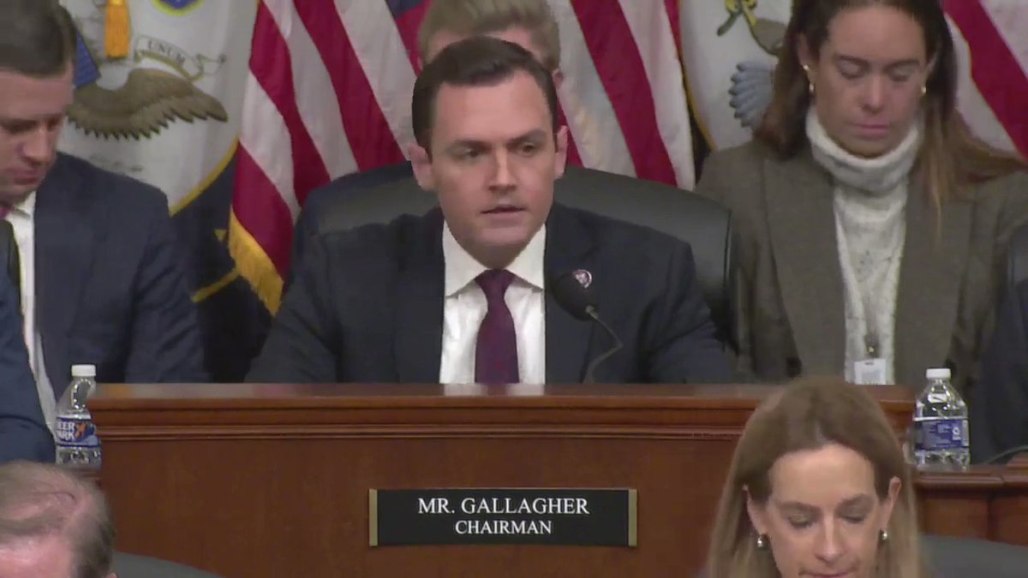TikTok Could Be The Test For China Select Committee
How do you find a metric of bipartisan success?
Last night was the primetime launch of the new House China Select Committee — you can watch the whole hearing here.
Keep reading with a 7-day free trial
Subscribe to The Transom to keep reading this post and get 7 days of free access to the full post archives.


